We are committed to teaching our students the knowledge, skills and dispositions that are essential in becoming safe and productive digital citizens.
We will teach each student digital curriculum that has been created by ASD Technology specialists.
Below are the core areas that students will learn and revisit during the school year.
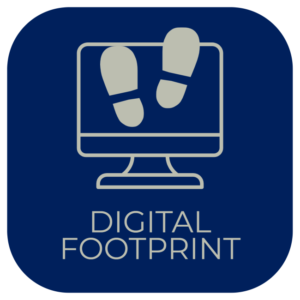
Vocabulary to be learned: Digital Footprint, Invisible Audience, Oversharing, Digital Reputation
Vocabulary to be learned: Cookies, Online Tracking, Personalized Content, Targeted Advertising, Third Party
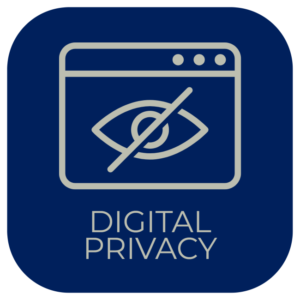
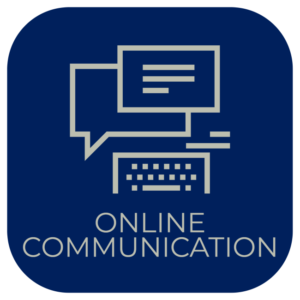
Vocabulary to be learned:
Grooming, Digital Media, Sharing, Privacy, Manipulating
Students will reflect on how digital media is designed to either help or hinder the addition of meaning and value in our lives
Vocabulary to be learned:
Addictive Design, Feedback Loop, Humane Design
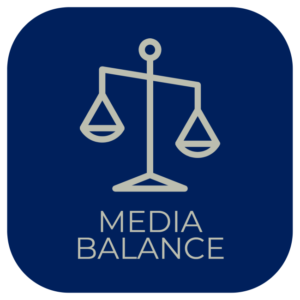
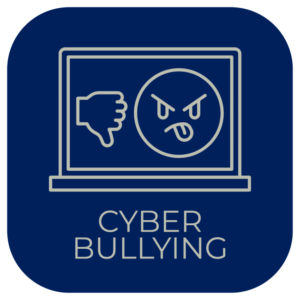
Vocabulary to be learned:
Cyberbullying, Digital Drama, Hate Speech
Monday – Friday
7:45 a.m. -3:30 p.m.
Fax (801) 227-8796
